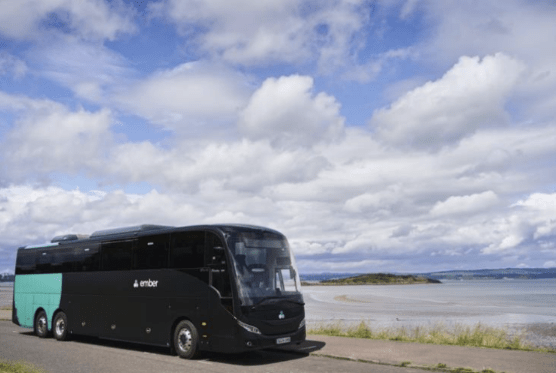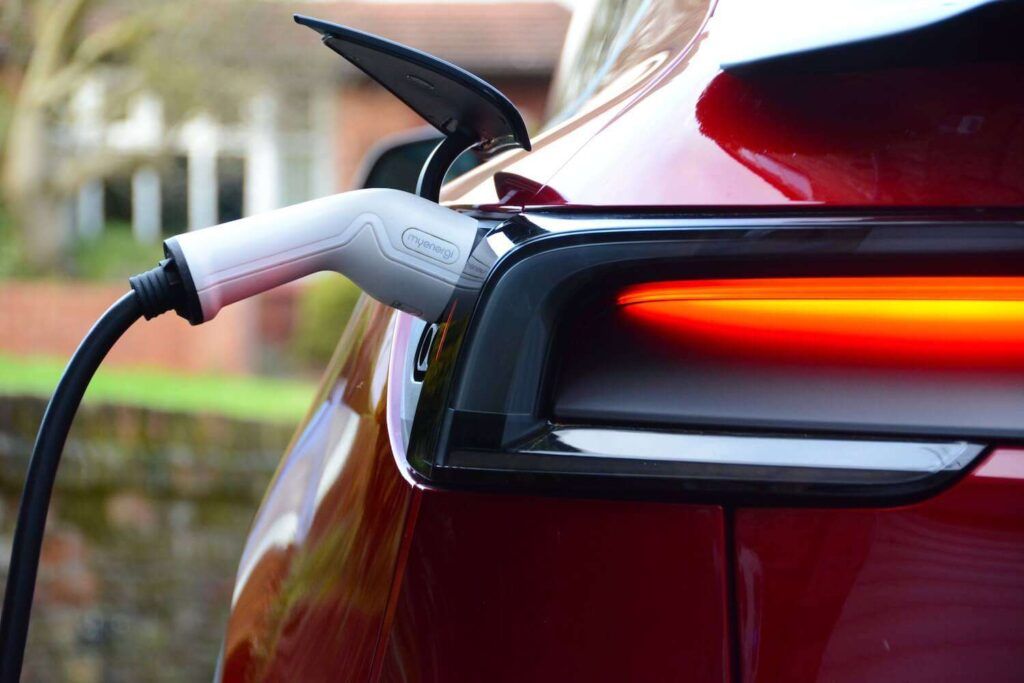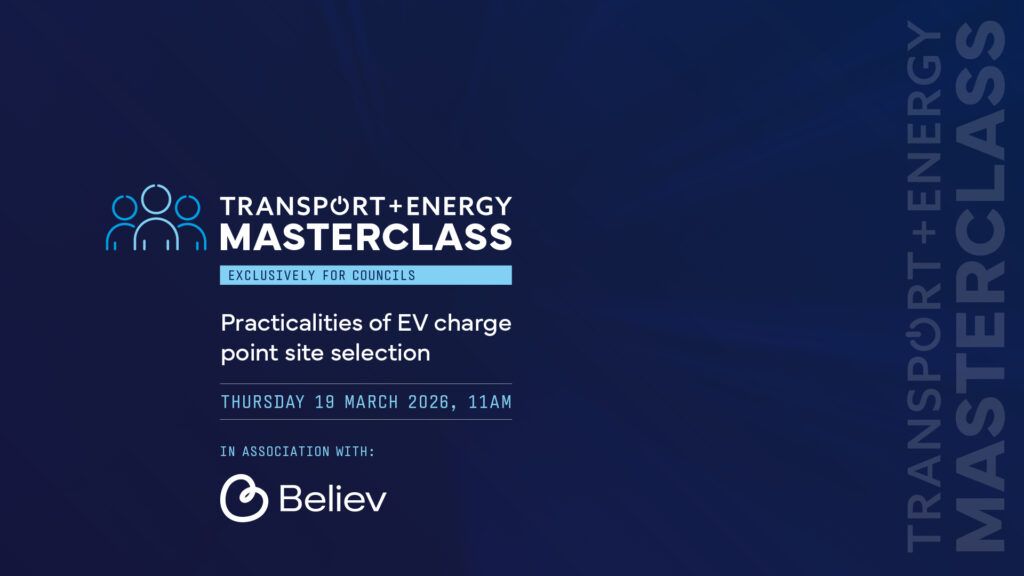The Transport Committee recently set out a series of recommendations for the UK government to follow if it is to deliver on its target of 100% of new vehicle sales being zero emission by 2035. Steffen Brans, the founder of EEVEE, believes greater transparency around public charging will be key to getting mass adoption if we are to reach these government targets.
The committee proposed that public EV charging should be more convenient, straightforward, transparent and inexpensive. As an innovator in the public EV charging space, this was music to my ears! However, whilst this is a great start, we have a long way to go before these areas are fully addressed and many points to take in along the way, some of which I’d like to cover in this article.
The first is pricing. It’s currently widely regarded as cheaper to fill your car up with electricity rather than petrol. Our own user data backs this up as we found that in the UK Tesla drivers save almost £30 per month in public charging costs compared to fuel costs for drivers of petrol cars.
However, it is still significantly more expensive to charge in public than it is at home. This is a problem when you consider that 30% of homeowners in the UK still have no access to dedicated off-street parking or workplace charging and as such, are forced into paying these higher rates.
For me, transparency is a key area and one that the government should prioritise out of the committee’s list of recommendations. Currently, not all charging stations let users know how much it will cost to charge their car before they plug in. Also, fluctuations in public charging prices vary greatly at present. A study carried out by ‘What Car?’earlier this year showed that EV drivers can pay more than four times as much for the same amount of electricity when they use different public chargers.
The transparency point also applies to home charging. Whilst this wasn’t part of the committee’s area of focus, it needs to be considered when you take into account the thousands of UK EV drivers who live in rural or remote areas or who don’t have off-street parking and so have no option but to charge at home.
A recent Ofgem report last month revealed that buying an electric vehicle hadn’t changed what consumers look for in a home energy tariff, or how they use their energy. This shows a lack of awareness of smart energy tariffs which automatically schedule home charging when it is cheapest and most sustainable. I think that if there was more education around this area more consumers would save considerable amounts on their energy bills which would encourage them to make the switch to electric, when they decide to get their next vehicle.
Convenience is also something that mustn’t be underestimated – ultimately if it isn’t convenient to go electric, EVs will never become mainstream. More public charging stations are still needed if we are to reach a tipping point of mass EV adoption. Putting guarantees in place on infrastructure is crucial to this. Factors such as ensuring property developers provide public charging points, and local councils get the support they need will help this along. Also, shifting the funding from the taxpayer to the manufacturer will incentivise the OEMs that deliver the fewest electric vehicles in showrooms to up their game.
In summary though I’m hugely encouraged by the recent report and I’m optimistic about the future of EVs. Just last week industry figures announced that more electric vehicles were registered than diesel cars for the second month in a row in the UK – the third time battery electric vehicles have overtaken diesel in the past two years.
At EEVEE Mobility we’re on a mission to accelerate EV adoption through our app and ecosystem of digital products. We want to make EV charging more widely adopted by making it more transparent, more convenient and less expensive – and these are all areas that the Transport Committee has put firmly on the government’s agenda. The next step is putting these ideas into practice – so let’s watch this space and keep our fingers crossed!
Image courtesy of EEVEE.












